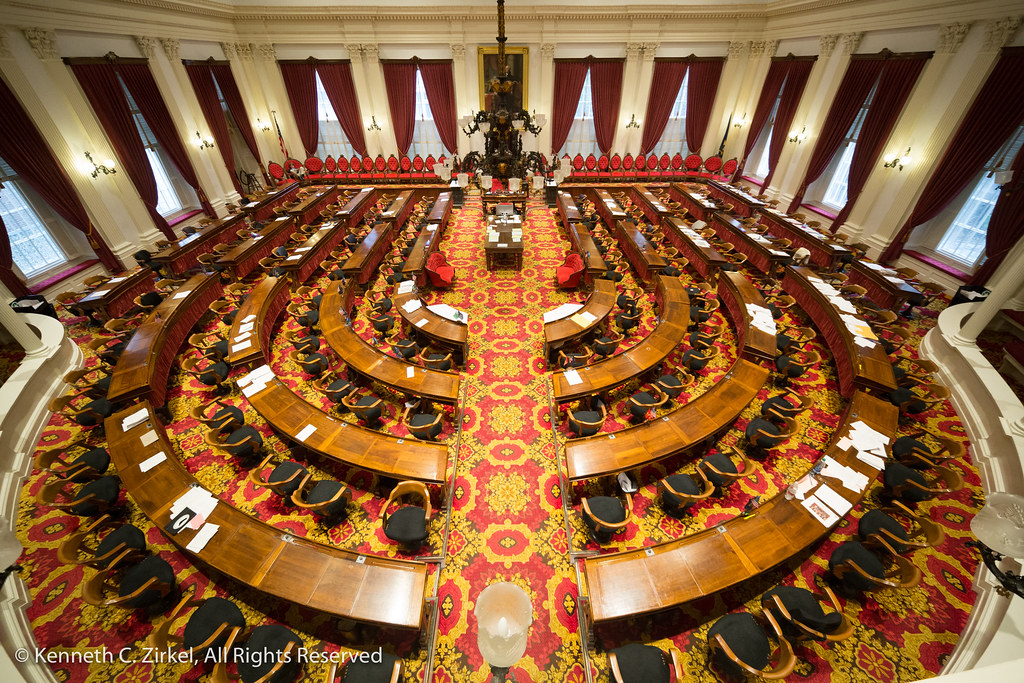Liquor Law Modernization Clears House
H.730, a bill containing provisions to modernize Vermont’s liquor laws, has been passed by the House and will advance to the Senate. If enacted, both fortified wines and ready-to-drink (RTD) spirit beverages would shift from the exclusive purview of the Department of Liquor and Lottery and would be permitted to be sold in the same retail streams as malt and vinous beverages. After review of a fiscal note, the House Committee on Ways and Means amended the bill to shift RTDs and fortified wines to the $0.55/gallon rate to align taxation with the new product definitions. These changes will provide greater access to products for both licensees and consumers.
Additional provisions of interest for license holders include the ability for third-class licensees to purchase tickets for the rare and unusual product raffle which was previously only available for consumers; and allowing the Department to stagger new and renewal dates for permits versus an annual renewal, which will likely expedite processing times and provide a better permitting process for new businesses.
SHARE THIS ARTICLE
RECENT NEWS



